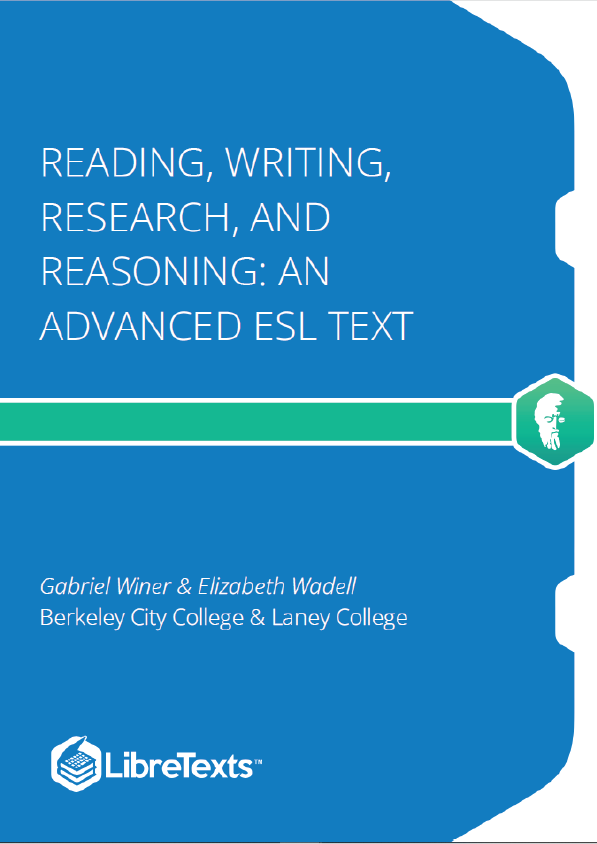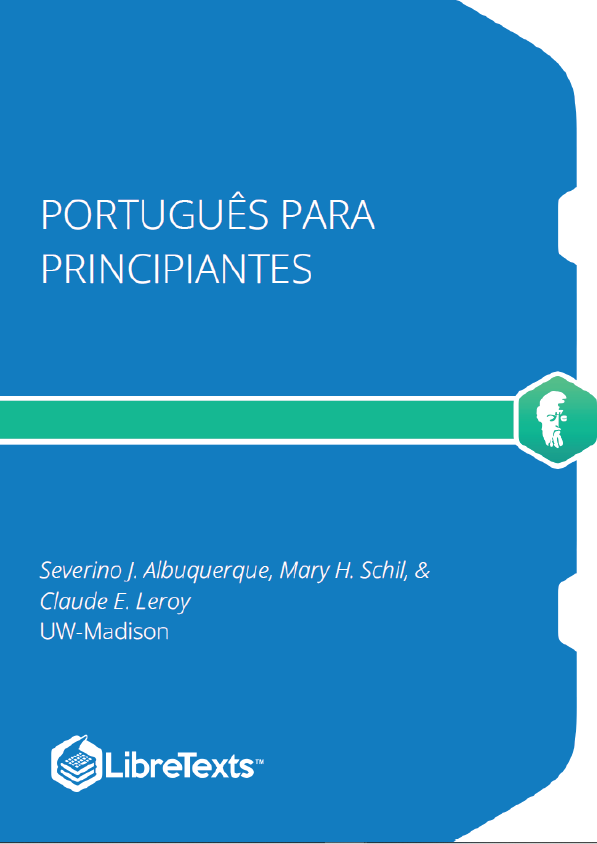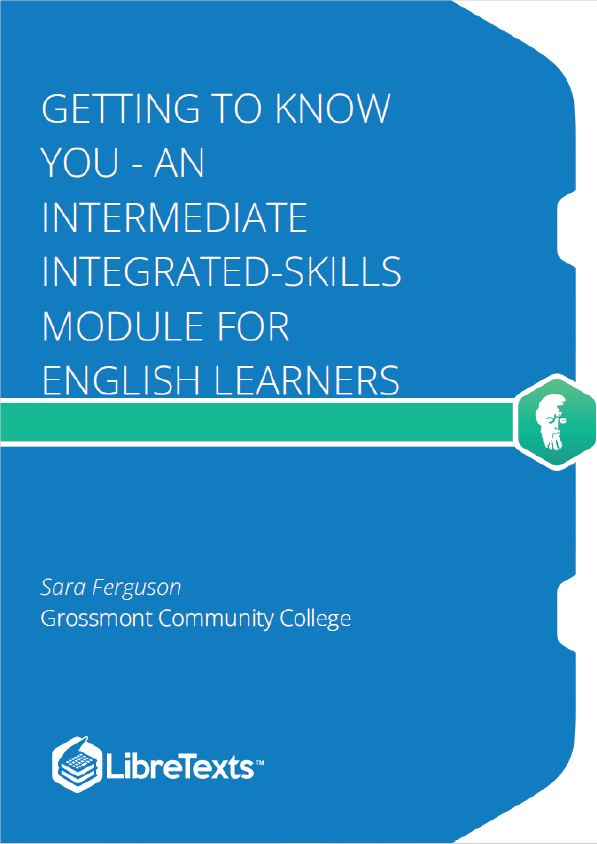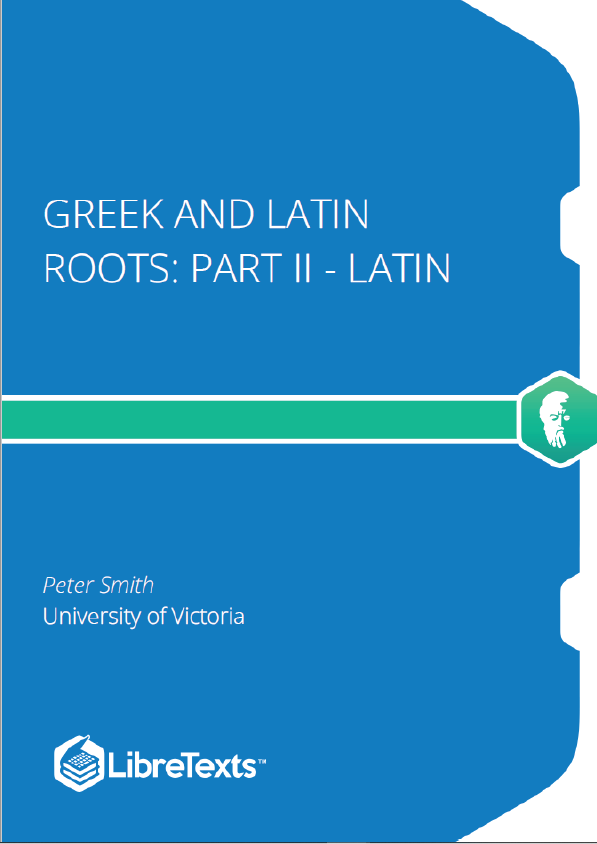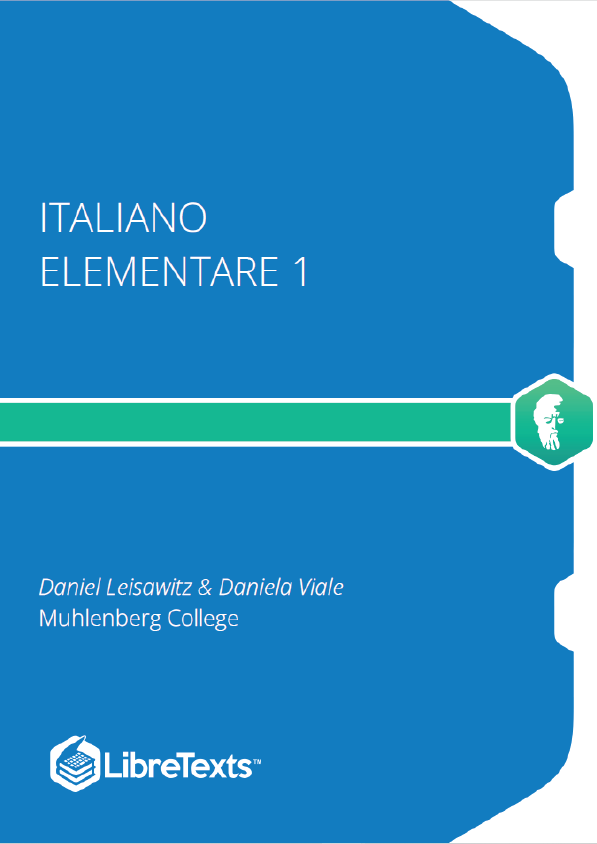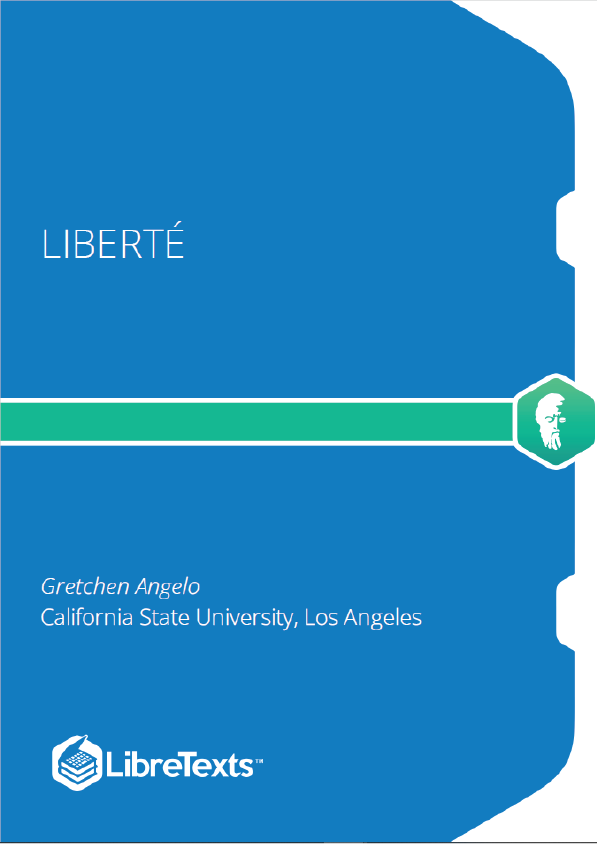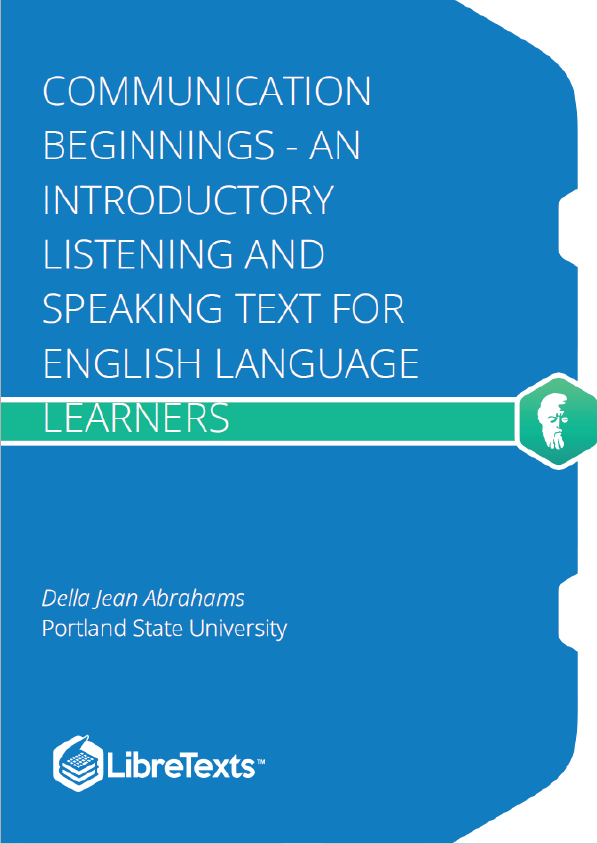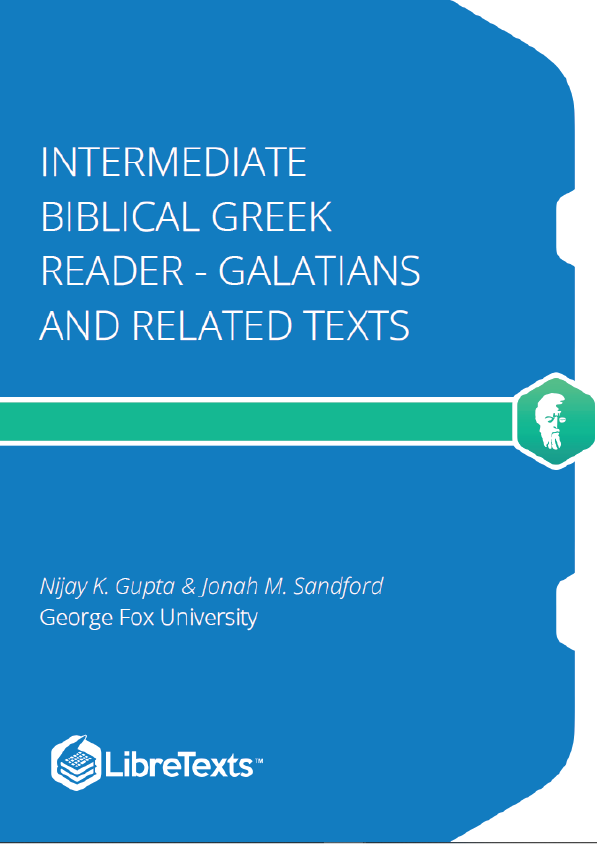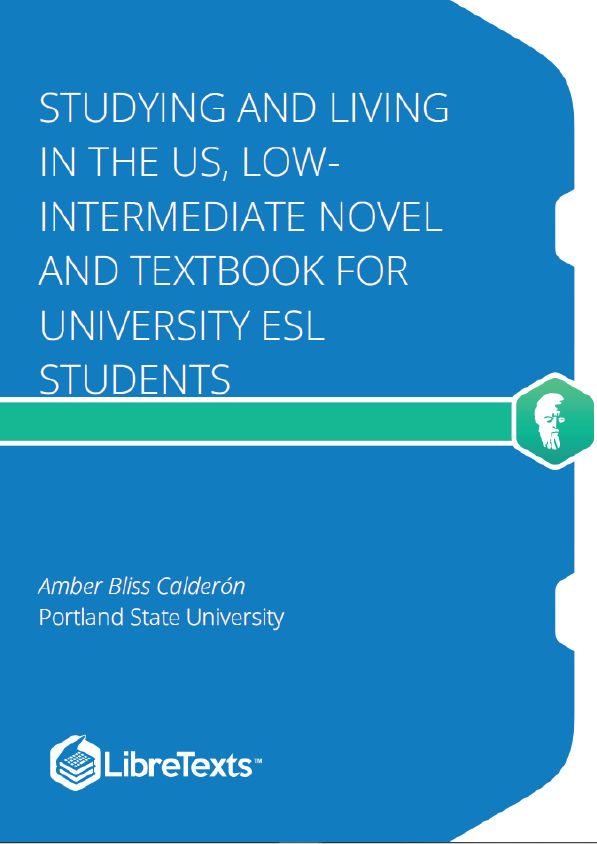What will we learn in this chapter?
You might consider reading and writing as two distinct activities, but both skills are closely related to each other. We need to actively engage with the material to make meaning and to build our critical thinking and reading skills. In this chapter, we will identify our reading strategies and preview a variety of texts. We will engage with texts by developing questions about the reading and annotating texts. We will look for main topics, main ideas, and supporting details and learn about three modes of persuasion.
Why is this important?
In academic writing, we need to support our ideas with evidence. Evidence may come from other texts, our personal life, or other sources such as podcasts and TED talks. We will practice three ways to provide evidence: summarize, paraphrase, and quote. Finally, we will interpret texts by analyzing them.
What theme will this chapter focus on?
In this chapter, we will be looking at immigration in the U.S., particularly the experiences of undocumented immigrants. Many undocumented immigrants make the difficult journey across the U.S.-Mexican border without legal papers or arrive in the U.S. by plane and overstay their visas. What is it like to live in the U.S. without documentation? What are some challenges these members of our communities face? What are some of the misconceptions other Americans have about undocumented immigrants? What can we all do to protect the rights of undocumented immigrants (see Figure 1.1.1 which shows a march for immigrant rights in Los Angeles)?
What is a reading response journal?
A reading response journal, which some instructors might call a “dialectic journal” or “reflective reading journal,” is a common assignment given in ESL and English courses. Typically an instructor will ask you to choose a few parts of the assigned reading that particularly stand out to you, record each part as a quotation, and then respond to each quotation with a few sentences of reflection, connection, or analysis. Your instructor may expect an informal journal that is mostly about your own reactions and experiences, or they may ask for more formal text analysis, or both. See 1.9: Choosing Quotes and Analyzing a Text for strategies and examples. Your job in a journal is to uncover the parts of the text that are significant to you, and build meaning from the text and your own experience. In the example below, the reader responds to specific parts of the author’s story, which begins with a description of working in residential construction with his father.
